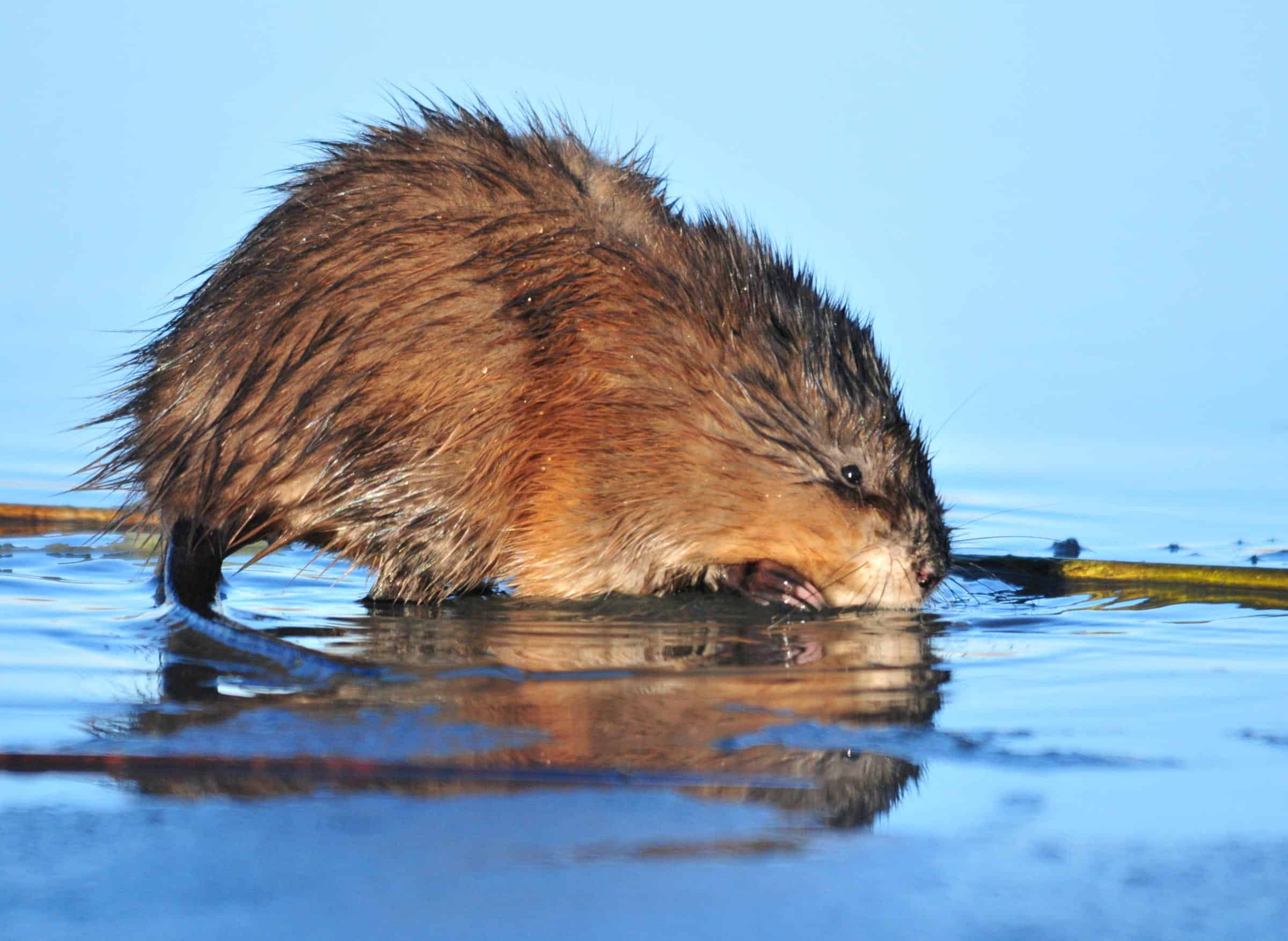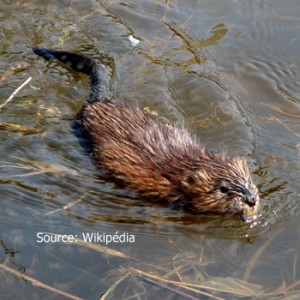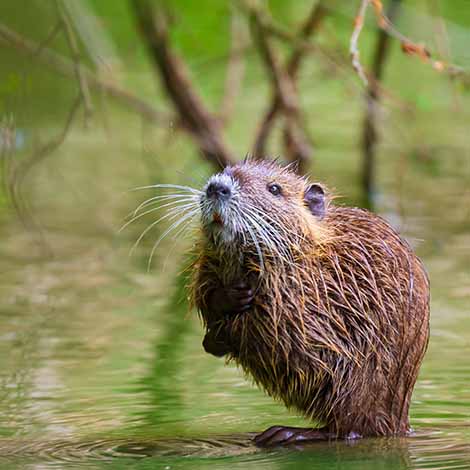Are you a pond owner wondering whether muskrats are harmful to your pond ecosystem? Let’s delve into the world of muskrats and explore their impact on ponds.
What are Muskrats?
Muskrats are semi-aquatic rodents commonly found in wetlands, marshes, and ponds across North America. They are known for their distinctive features, including webbed feet, waterproof fur, and a rat-like tail. Muskrats play a vital role in the ecosystem by shaping wetland habitats and influencing water flow.

Credit: www.rottler.com
Benefits of Muskrats in Ponds
Despite their reputation as pests, muskrats offer several benefits to pond ecosystems. Here are some ways muskrats can positively impact ponds:
- Enhanced Biodiversity: Muskrats create diverse habitats that support a variety of plant and animal species.
- Water Quality: By consuming aquatic vegetation, muskrats help maintain balanced nutrient levels in ponds.
- Wetland Restoration: Muskrats play a crucial role in wetland restoration by building lodges and burrows that promote ecosystem health.

Credit: canadianpond.ca
Challenges Posed by Muskrats
While muskrats offer benefits to pond ecosystems, they can also present challenges for pond owners. Here are some reasons why muskrats may be considered problematic:
- Vegetation Damage: Muskrats consume large quantities of aquatic plants, which can lead to the depletion of vegetation in ponds.
- Burrowing: Muskrats are skilled diggers and may create burrows that weaken pond banks and dams.
- Overpopulation: In some cases, muskrat populations can become too dense, leading to competition for resources and potential ecosystem imbalances.
Managing Muskrats in Ponds
If you’re facing muskrat-related challenges in your pond, there are several strategies you can employ to manage their presence effectively:
- Exclusion: Install fencing or barriers to prevent muskrats from accessing sensitive areas of the pond.
- Vegetation Control: Implement strategies to control aquatic vegetation growth, reducing the attractiveness of the pond to muskrats.
- Trapping: Consider humane trapping methods to remove muskrats from the pond if their population becomes problematic.
- Natural Predators: Encourage the presence of natural predators like foxes, coyotes, and birds of prey to help control muskrat populations.
Conclusion
In conclusion, muskrats can have both positive and negative impacts on pond ecosystems. While they contribute to biodiversity and wetland health, they can also pose challenges such as vegetation damage and burrowing. By implementing effective management strategies, pond owners can strike a balance that allows muskrats to coexist with other pond inhabitants harmoniously. Understanding the role of muskrats in pond ecosystems is essential for making informed decisions about their management and conservation.





